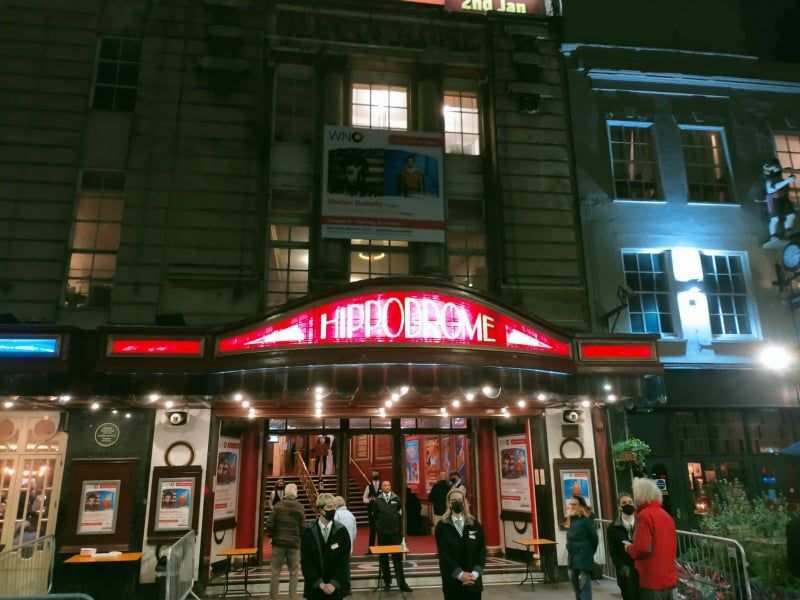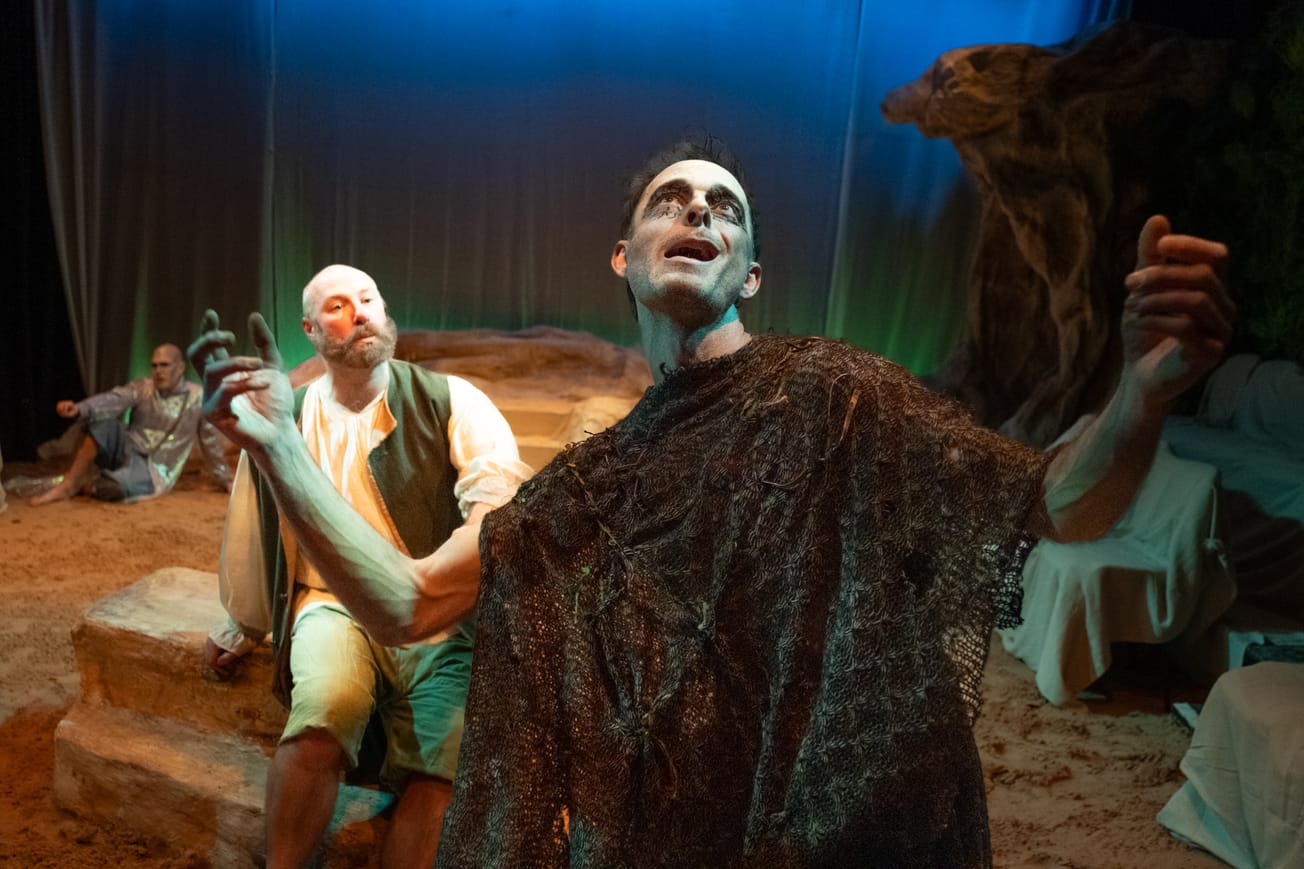By Milan Perera, Arts Writer
Lindy Hume’s bold and brilliant production of Madam Butterfly with the Welsh National Opera (WNO) is not the quintessential opera experience of a ‘night at the opera.’ It was the ultimate iconoclastic take on an iconic opera where the hitherto overlooked moral and ethical dilemmas of the opus are brought to scrutiny.
Welsh National Opera’s autumn season at the Bristol Hippodrome got off to a rollicking start with the staging of Madam Butterfly much to the delight of the local opera aficionados. The evergreen crowd-pleaser has been one of the most performed operas in the repertoire characterised with sumptuous costumes, vibrant stage settings and most importantly sensuous music.
Puccini’s two act opera was loosely based on David Belasco’s play Madame Butterfly: A Tragedy of Japan which he saw in July 1900 in London. The action revolves around the romance of Cio-Cio San (Butterfly) and the American Naval officer Pinkerton. It is hardly a ‘boy meet girl’ scenario but a much more sinister narrative where Pinkerton with the help of a marriage broker, Goro, acquires a 15-year-old bride, Butterfly, with the ulterior intention of leaving her behind when he returns to America.
Goro swore to Pinkerton the ease with which he could leave the marriage much to the relief of Pinkerton. The only issue was Butterfly was euphoric with love with all the teenage naivety. The first act concludes to the consummation of marriage. The trouble looms…Butterfly faithfully waits with her son, but when Pinkerton returns, he is accompanied by his American wife, and the shattered Butterfly ends her life.
As opposed to the standard productions of Madam Butterfly, Hume’s production is not necessarily set in Nagasaki, Japan, but what she calls ‘a biosphere.’ The landscape, the location or the costumes dissipate into insignificance when the central theme is brought into sharp focus. In the setting, there is no sign of a cherry blossom or a pagoda or a kimono. The audiences have hitherto been complicit to the central ethical issues at its heart as it is set in the ‘exotic Orient.’
Hume shatters this illusion and brings the characters to a contemporary set. She sheds a light on the systemic disempowerment of women and the longing, the agony and the alienation which Butterfly experiences strikes a universal chord. The realism of the story obliterates even the whiff of a romantic tragedy in the idiom of Tristan and Isolde.
The minimalist but detailed stage setting by Isabella Bywater let the action unfold in a white rotating cube that is fashioned as a house which captures multi facets of Butterfly’s house with her faithful maid Suzuki and the son she bore of Pinkerton.
The frivolously provocative dress Butterfly wore to her wedding signifies the commodification of her sexual freedom, even within the institution of marriage. The little son who is totally oblivious to the impending doom scribbles on the walls to his content brings to attention the indirect victim of this story.
The resident orchestra of WNO was deftly led under the baton of the Milan born maestro Carlo Rizzi. The orchestra played with the clarity of a fresh minted coin and the dynamics of the score were not sacrificed in order to heighten the drama on the stage, as often happens. The fan favourite, ‘Un bel di, vedremo’ was sung with effortless delicacy by Joyce El-Khoury who plays the titular role (alternating with Alexia Voulgarido).
Review: ‘Vanguard x Vans – Martha: A Picture Story’ @ Arnolfini ★★★★★
The West Bristol Arts Trail: Our Art Gallery
The character of Pinkerton was skilfully played by Leonardo Caimi with nuance and finesse and the raucous booing he received when took the final bow was a clear indicator of the total command he had on the role.
The chorus accompanied the action of the stage with subtle elegance as shown during the ethereal Humming Chorus.
The crowds walked into the sullen Bristol night after being treated to a visceral but poignant rendition of an operatic staple. Brave and bold…
Featured Image: Milan Perera | Epigram
Will you be heading to the opera this reading week?









